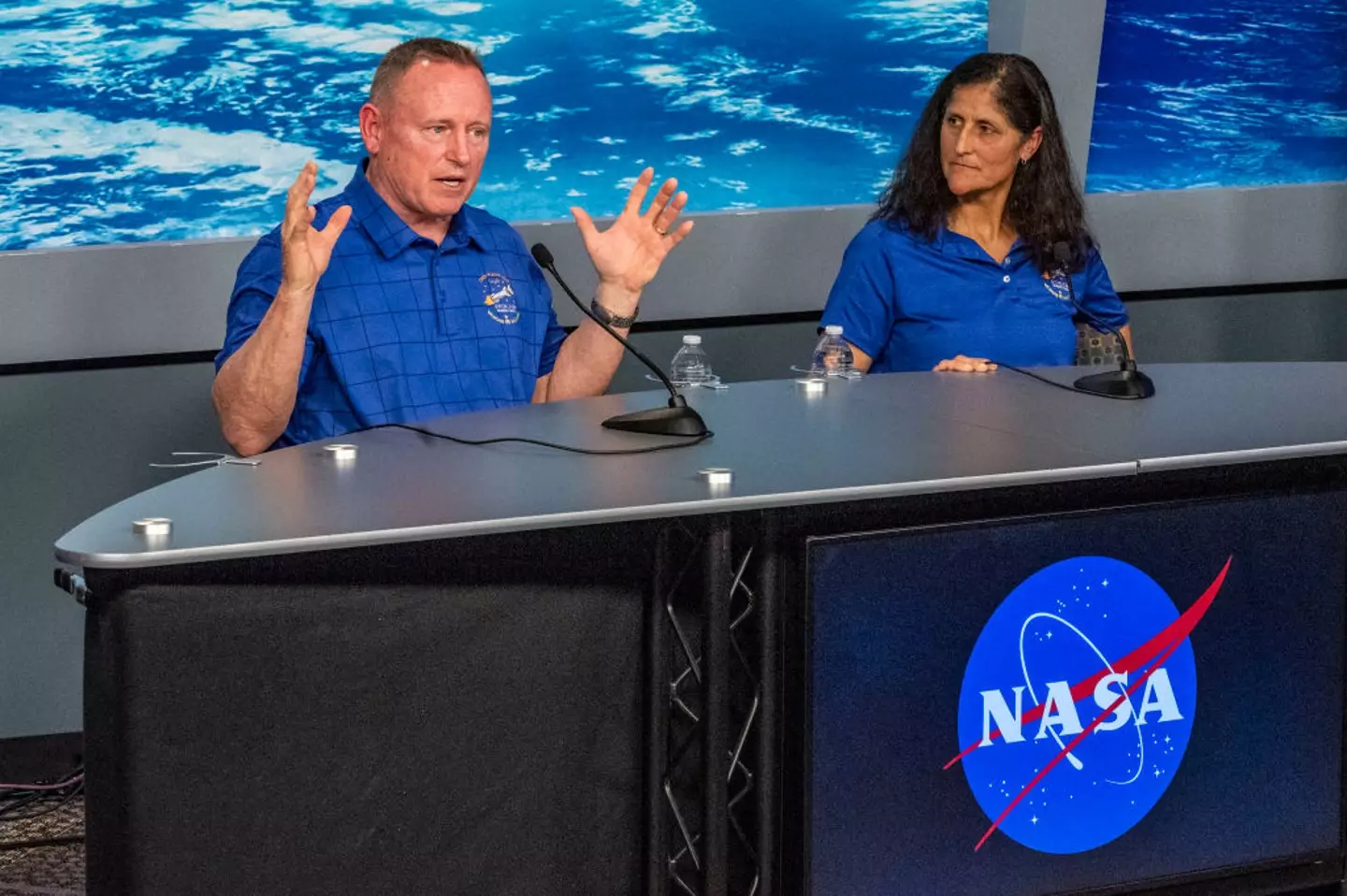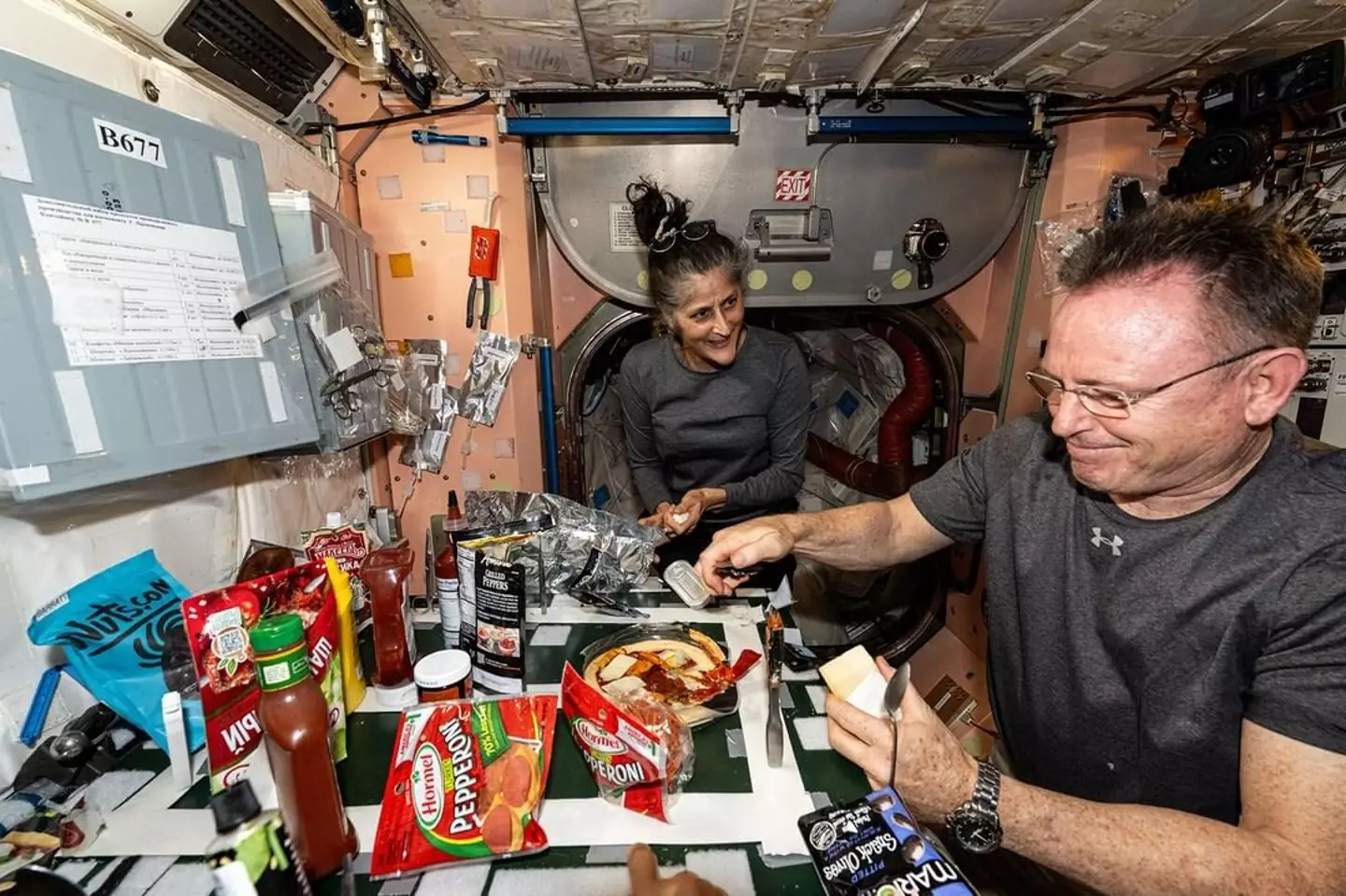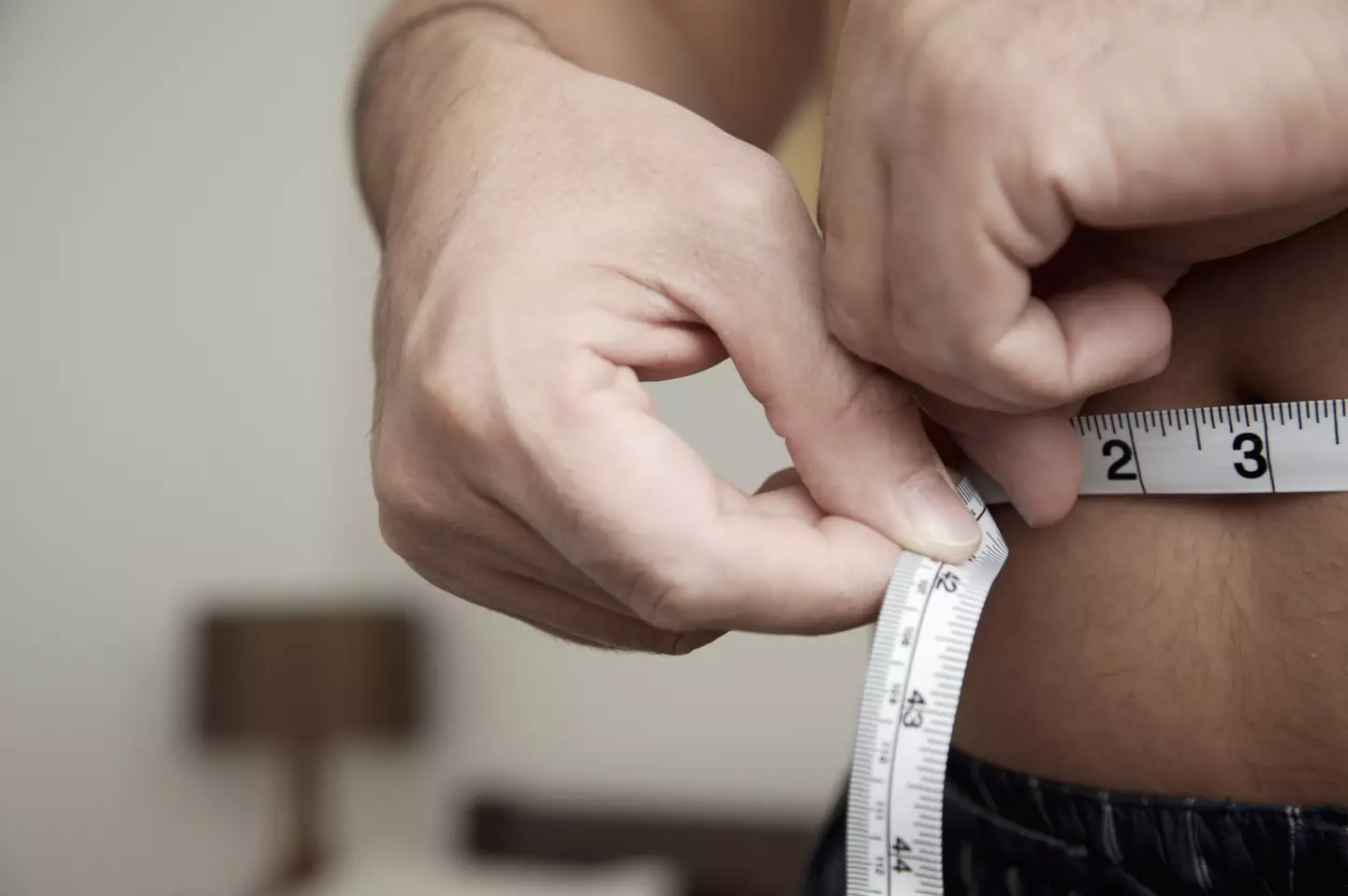Everything that can happen to your body after a year in space has been revealed after health concerns rose over the astronauts that are stranded on the International Space Station (ISS).
The two astronauts set off on their journey to the ISS onboard Boeing's Starliner on 5 June this year, on what was supposed to be an eight-day mission.
But five months later, the pair are still stranded, orbiting the Earth.
Americans Sunita 'Suni' Williams, 59, and Barry 'Butch' Wilmore, 61, have been stuck in space as their spacecraft was affected by technical faults, such as thruster failures and helium leaks.

The astronauts have been stuck in space for months (Kirk Sides/Houston Chronicle via Getty Images)
But as two options faced them, that being either to fly home on a damaged spacecraft or wait for SpaceX's Dragon capsule to collect them safely, the choice was obvious.
Unfortunately, the wait for the new capsule to arrive will be until February at the very least.
As new photos of the NASA-trained astronauts emerged this week, people started to get concerned for their health, particularly Williams, as pulmonologist Dr Vinay Gupta described her cheeks as 'a bit sunken' in an interview with the Daily Mail, as well as saying that her weight overall wasn't ideal, due to the natural stresses of living at a very high altitude'.
But in a statement to LADbible, NASA said: "All NASA astronauts aboard the International Space Station undergo routine medical evaluations, have dedicated flight surgeons monitoring them, and are in good health."
Regardless though, what exactly happens to your body after a prolonged period of time in space?

Williams is on the left, and has evoked health concerns from the public (Instagram/@iss)
Frank Rubio returned to Earth in September 2023 after 371 days in space, as the NASA astronaut set a record for the single longest spaceflight by an American, falling two months short of the world record, held by a Russian cosmonaut.
His body underwent a number of changes, some seen before with other astronauts that were in orbit for long periods of time.
Without further ado, this is what your body can undergo after a long period of time in space:
Weight loss
NASA does its best to make sure astronauts are eating nutritiously while they’re up in space, but being up there can still affect their bodies.
When astronaut Scott Kelly took part in a study of the effects, he lost seven percent of his body mass after staying onboard the ISS for 340 days.
Muscles and bones
Pretty similarly, as laid out by the BBC, after just two weeks in space, muscle mass can fall by as much as 20 percent.
Plus, for every month they spend up there, astronauts can lose one to two percent of their bone mass and up to 10 percent over a six-month period.
So, to try and combat this, they do two-and-a-half exercise and intense training each day on the ISS as well as taking diet supplements.
Plus, the lack of gravity actually means astronauts often end up growing a little taller, with Rubio himself saying he thought his ‘spine has extended’.

Weight loss is a side-effect of being in space for a long period of time (Getty Stock Photo)
Eyesight
While you’re in space, more blood can get into the head than normal thanks to the lack of gravity. And sometimes, some of it can pool at the back of the eye, leading to changes in eyesight.
Usually, the vision changes reverse for astronauts within roughly a year of being back on Earth, but for others they can be permanent.
Plus, the galactic cosmic rays and energetic solar particles can affect the eyes with some astronauts reporting seeing flashes of lights in their eyes.
Skin
In the study with Kelly, his skin was found to have heightened sensitivity and a rash for about six days after getting back on this planet.
Friendly bacteria
We all know by now that to have a good level of health, we need a good makeup and diversity of microorganisms living in our bodies.
The study with Kelly found that the bacteria in his gut had altered profoundly compared to before he left Earth. I mean, it's not totally surprising giving the change in food.
However, being exposed to radiation, drinking recycled water and changing activity probably played a role too.




















 English (US) ·
English (US) ·